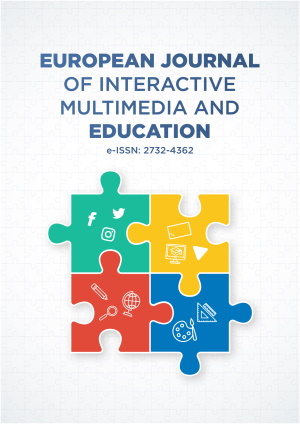Abstract
This study investigated the perception and attitude of employers of labour toward distance learning graduates in Niger State, Nigeria. The descriptive survey research approach was adopted and employers of labour in both private and public sectors within the study area constituted the sample. Four research questions and two null hypotheses were answered and tested respectively in the study. A 19-item researchers’ developed questionnaire was used as an instrument for data collection. The instrument was considered suitable after undergoing experts’ validation and reliability checks. Data gathered were analyzed in which Mean and Standard Deviation were used to provide answers to the four research questions while t-test statistics were used to test the two hypotheses. Findings revealed that both the perception and attitude of respondents were positive toward distance learning graduates. Based on these findings, it was recommended among others that the government should expand the existing ODL and establish more new ones to reduce the load on conventional institutions and curtail the problem of access to Higher Education in Nigeria.
License
This is an open access article distributed under the Creative Commons Attribution License which permits unrestricted use, distribution, and reproduction in any medium, provided the original work is properly cited.
Article Type: Research Article
EUR J INTERACT MULTIMED ED, Volume 2, Issue 1, January 2021, Article No: e02101
https://doi.org/10.30935/ejimed/9348
Publication date: 01 Jan 2021
Article Views: 2588
Article Downloads: 2383
Open Access References How to cite this article
 Full Text (PDF)
Full Text (PDF)